Wholeness

How many sermons, talks and lectures I have sat through in my lifetime? How many books have I read and how many discussions have I engaged in? How much of all that information do I remember? Hopefully, a lot of what I have learnt has become part of me, and is stored away in my brain for the time when it might be of some use. However, just occasionally, a word or phrase has an unforgettable impact and may even influence a change of direction in one’s life. I vividly remember a short homily that I listened to many years ago. The speaker was a friend of mine, newly graduated from theological school. His text was Matthew 5:48 “Be holy, even as your heavenly Father is holy” and, with the zeal of someone who has made a new discovery, proceeded to emphasise “be Whole-y”. It was possibly his pronunciation of the word (repeated many times) that made the impact, but it also made me re-evaluate the narrowness of my life where I was fast becoming as my mother would say “too heavenly minded to be of any earthly good.” It was the spur I needed to send me back to university to try to repair the damage of the past.
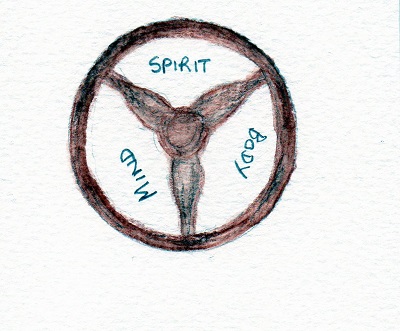
My university career was not plain sailing. I failed second year mathematics because I was enjoying all the extra-curricular activities on offer. I was allowed to repeat the course while doing my teachers’ diploma at the same time. It was a lovely relaxed year and I passed the Mathematics at the end of it. Then along came my final year and I passed Mathematics 3 but this time I failed Chemistry 3. Horrors! And I already had a teaching post! First year teaching did not allow me much time for revision and when I re-sat the exam at the end of the year, I failed again. I carried on teaching for another two years and then decided to return to university and repeat third year Chemistry. This time I was successful, so much so, that I decided to carry on to Honours and then Masters (in South Africa, a two-year research degree).
In most translations of the Bible, Matthew 5:48 reads “Be perfect, therefore, as your heavenly Father is perfect”. While I can readily embrace wholeness, I find the idea of perfection difficult. We live in an age where we are bombarded with advertisements of all kinds promising us perfection in every area of our lives – health, wealth and relationships. For those of us who are less than perfect, these pressures can lead us to become discontented, unhappy and, in cases of many young people, seriously depressed.
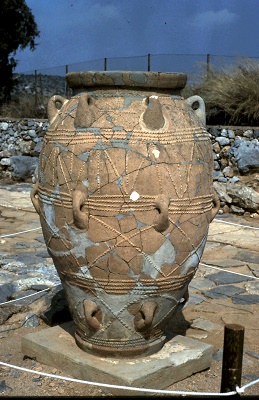
St Paul wrote “But we have this treasure in jars of clay to show that this all-surpassing power is from God and not from us” (2 Corinthians 4:7). I am encouraged by the thought of a cracked clay pot containing treasure. The cracks can be repaired; they may still be visible, but the pot can still be useful and have something beautiful inside.
In the book “For You Dear Teacher”, Eva Hoffman describes as being a wheel, with the different components of life, being the spokes. If the spokes of the wheel are unevenly balanced, the wheel will wobble and may even come to a standstill. After Tom’s death, I have had to find “new spokes” and I have to continually strive to maintain a balance. The coronavirus restrictions haven’t helped, because we have been forced to stop doing so much of what we had been doing prior to lockdown.
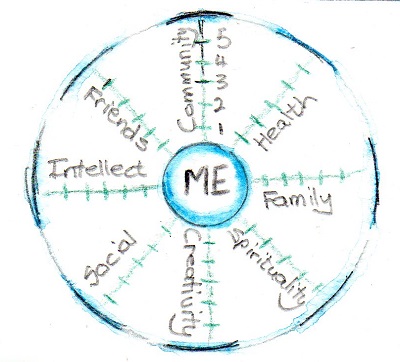

One of the ways in which I feel education has improved is that pupils are encouraged to self-evaluate. They have to set themselves goals in order to improve in areas where they are weak. This is something that can be applied to our lives in order to achieve wholeness. One has to be realistic and set achievable goals.
Aspects of my life that require more effort than others are physical activity and wider reading. To keep active, I dog walk, take a Pilates class and do Scottish Country dancing. To increase my repertoire in reading, I attend a literature class which gets me to read books I would otherwise never pick up.
In “Healing a Spouse’s Grieving Heart”, Alan Wolfelt writes about developing a new self-identity. He says on page 28 that “a large part of your self-identity was formed by the relationship you had with your partner who died. …… You were half of something whole.” I certainly felt completed when I married Tom. Now that he is no longer with me, I have to work at finding wholeness within myself. I am so grateful for the gift of faith and for the strength that I receive day by day. In 2 Corinthians, chapter 12, St Paul writes “I will not boast about myself, except about my weaknesses” (verse 5) and again in verse 9, “Therefore I will boast all the more gladly about my weaknesses, so that Christ’s power may rest on me.” And “For when I am weak, then I am strong” (verse 10).

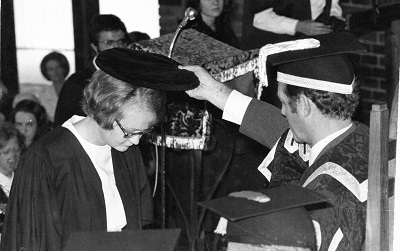
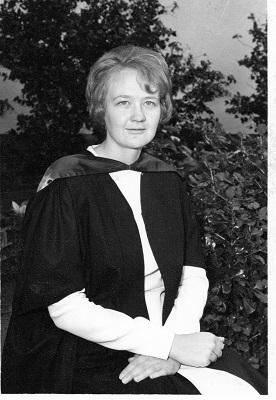
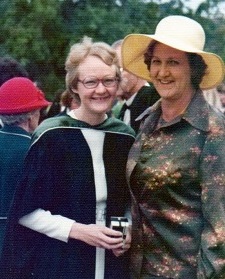

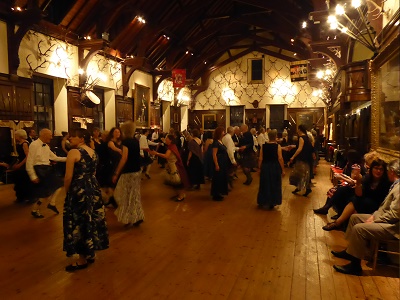


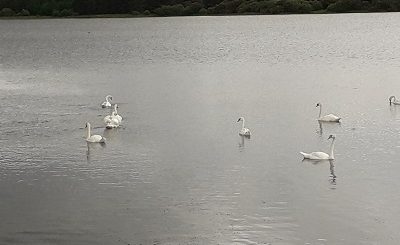

Rich food for thought Marlene. Your wonky university career made me giggle. Your pearls of wisdom are very welcome. xxx
Glad you enjoyed it and weren’t too shocked that school employed someone with my record.
Marlene Lorn and I are doing a clearout and he has a few remaining copies of ‘Miss Esther Scott’s Fancy’ his book of Scottish Country dancing stories. Would you, or any dancer you know, like one? xx
Dear Mary, I thought that I had a copy of Lorn’s book, but cannot find it anywhere. I know that I gave a copy to a South African friend who came to summer school. Maybe I read it first? So, yes please, I would like a copy. Can’t think who else. Catherine?